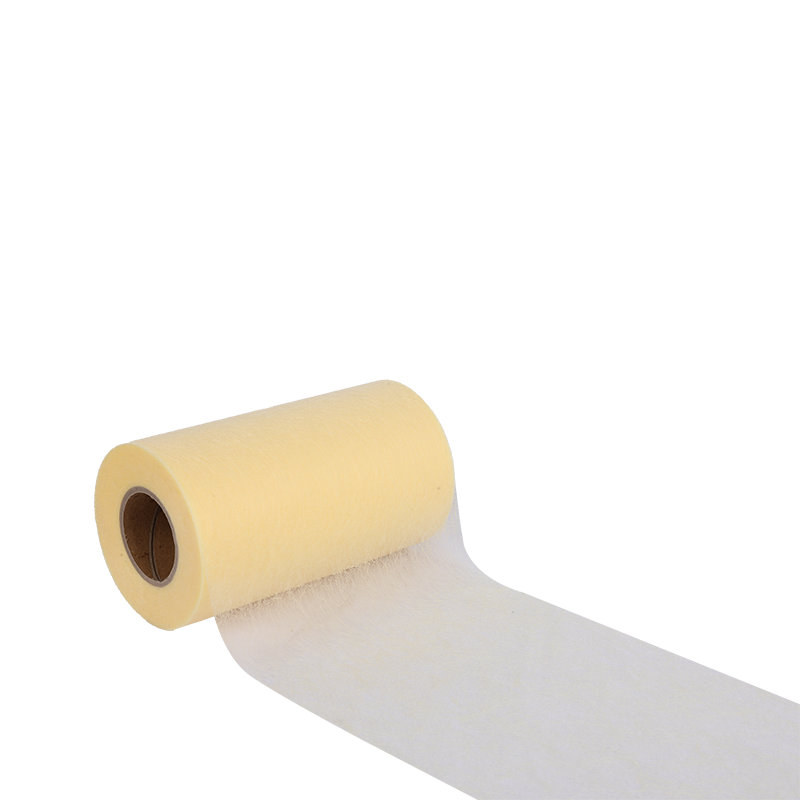In the agricultural field, how does the chemical stability of
PP Coarse Denier Nonwoven help it maintain stable performance in environments where it is exposed to chemicals such as soil, fertilizers and pesticides for a long time, thereby effectively extending its service life?
PP Coarse Denier Nonwoven (coarse denier polypropylene nonwoven) is widely used in the agricultural field, especially in soil cover, crop protection and greenhouse materials. Its chemical stability is critical to maintaining consistent performance and extending service life in agricultural environments. The following is a detailed analysis of how the chemical stability of PP Coarse Denier Nonwoven helps it maintain stable performance in environments exposed to chemicals such as soil, fertilizers and pesticides for a long time:
First of all, the PP (polypropylene) material itself has excellent chemical stability. It shows good resistance to most common chemicals, such as acids, alkalis, salts and organic solvents. This means that in an agricultural environment, even if it is exposed to acid and alkali substances in the soil, chemical fertilizer residues and pesticide ingredients for a long time, PP Coarse Denier Nonwoven can maintain its original physical and chemical properties and is not prone to decomposition or deterioration.
Secondly, the structural characteristics of nonwovens also enhance their chemical stability. Nonwoven fabrics are formed by interweaving, bonding or needling of fibers. They have a tight structure and strong connections between fibers. This structure makes the nonwoven less susceptible to chemical penetration or attack, thereby maintaining its overall integrity and performance.
Furthermore, the characteristics of coarse denier fibers also improve the durability of the material. Coarse denier fibers have a larger diameter and stronger mechanical strength than fine denier fibers, which makes PP Coarse Denier Nonwoven more resistant to damage when subjected to external physical and chemical effects. Even if it is subjected to forces such as friction, tension or compression during agricultural operations, it can maintain good shape and performance.
In addition, appropriate post-treatment processes can further improve the chemical stability of PP Coarse Denier Nonwoven. For example, by adding additives such as UV protection agents, antioxidants or waterproofing agents, the material's resistance to specific chemicals can be enhanced to adapt to more complex agricultural environments.
The chemical stability of PP Coarse Denier Nonwoven enables it to maintain stable performance for a long time in agricultural environments and effectively extend its service life. This is of great significance for improving agricultural production efficiency, reducing production costs and protecting the environment.
 PP Coarse Denier Nonwoven
PP Coarse Denier Nonwoven 